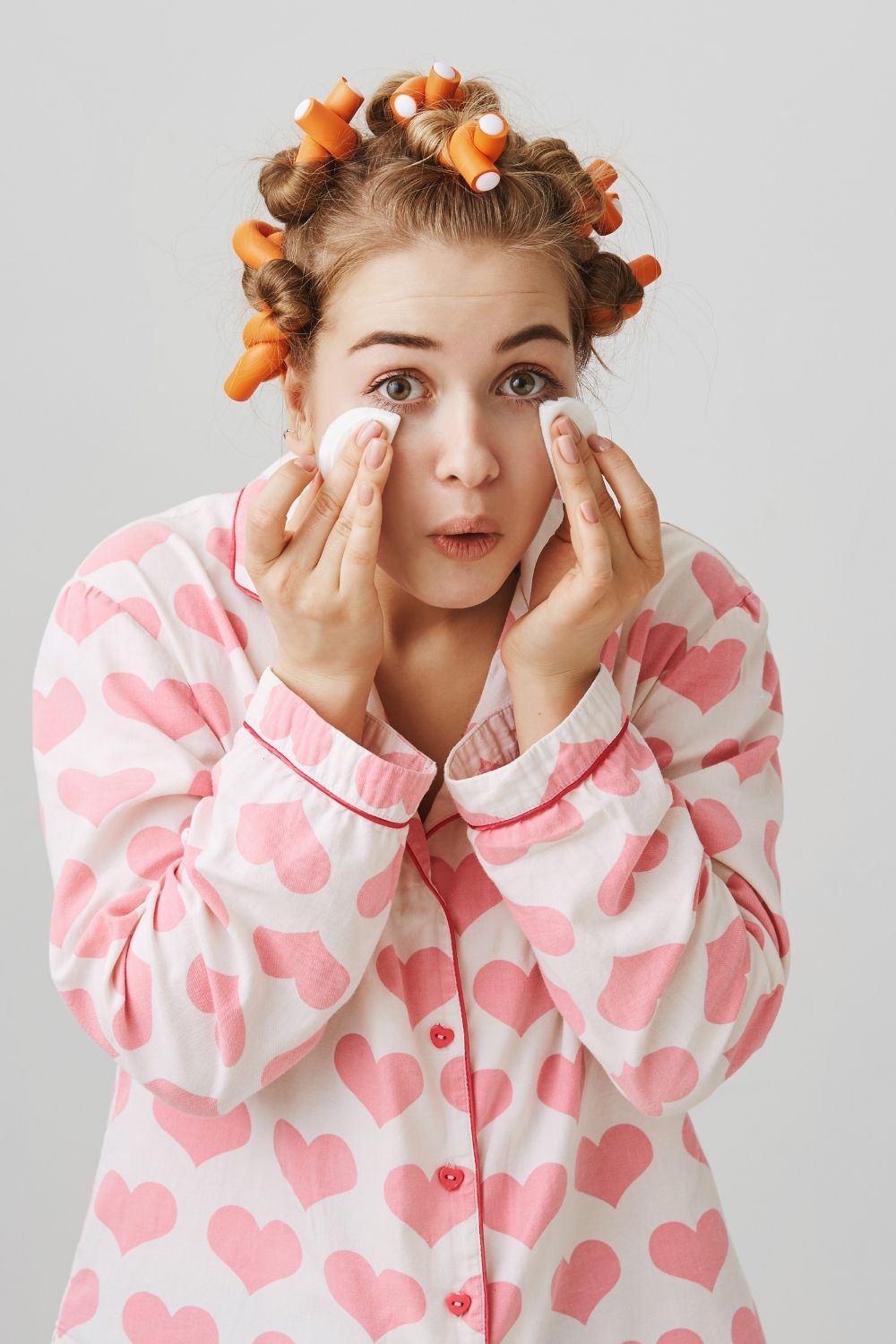There are so many hyped-up skincare ingredients fighting for our affections these days, yet few are as widely loved as niacinamide.
Retinol? It’s great – but not everyone needs it. (If you’re too young to remember Friends the first time around, your skin’s too young for retinol.) Alpha Hydroxy Acids? They’re the dream when it comes to exfoliation, but finding the right one for your skin type can be a minefield.
That’s the secret to niacinamide’s success: it’s an all-round crowd-pleaser. This wonder vitamin is suitable for pretty much every skin type, and its benefits are easily reaped. What’s more, you don’t need to be a cosmetics chemist to understand how to use it correctly.
So stay with us for a deep-dive into everything you need to know about niacinamide – what is it, what it’ll do for you, and where to find it.
What is niacinamide?
‘Niacinamide is a form of vitamin B3’, explains Andrea Pfeffer, founder of Pfeffer Sal. ‘Vitamins from this group are particularly famous for their soothing and healing properties.’
What are the benefits of niacinamide for the skin?
Niacinamide is a bit of a show-off when it comes to benefits for our skin – from boosting hydration to fading hyper-pigmentation, there’s not much it doesn’t claim to help with.
But is it all too good to be true? According to Paula Begoun, founder of Paula’s Choice, this is one case where we really should believe the hype. ‘Topically, niacinamide has so many ways to help skin it’s mind boggling,’ she says.
‘Extensive research has shown niacinamide works to protect skin from environmental damage and also helps skin make more collagen and hyaluronic acid. It improves hydration, reduces signs of ageing, diminishes enlarged pores, and significantly lessens skin discolouration
Indeed, the studies do stack up in niacinamide’s favour. It has been shown to reduce inflammation in moderate acne just as well as stronger, prescription-only treatments, and research has shown it can limit the overproduction of sebum in oily skin types. What’s more, it has even been proven to fade hyperpigmentation.
Niacinamide is the ultimate multitasker. In fact, it’s one of the only skin boosters that she recommends to almost all of her clients (along with hydration hero hyaluronic acid and, of course, SPF). ‘It’s compatible with many other actives so you can incorporate it into your routine easily without worrying about adverse reactions.
Do we actually need niacinamide in our skincare?
Our bodies don’t naturally produce niacinamide, but we can get it via our diets (providing we’re eating a healthy, varied range of foods).
So, do we need to be supplementing our skin with it?
Topical skincare can deliver a beneficial boost that could be the difference between good skin and great skin. ‘Niacin is found in foods such as grains, fish, meat, and beans and converts to niacinamide when eaten. For the body, oral intake of niacin has been shown to have incredible benefits for health, and for skin, topical niacinamide is supported by long-standing research showing a wide range of remarkable benefits for all skin types and all ages,’ she confirms.
Which skin types will benefit from niacinamide?
Everyone can benefit from a dose of niacinimide in their skincare routine. However, your skin type will determine which kind of product you should choose. For oily skin that’s prone to clogged pores, a water-light serum, and for dry skin an emollient moisturiser or hydrating toner, containing a lower concentration of niacinamide will do the trick.
We are all in need of barrier strengthening and repairing, especially those who live or work in urban areas where pollution is higher. And as an added bonus, it’s also safe to use throughout pregnancy and breastfeeding when hormonal fluctuations can wreak havoc on the skin.





